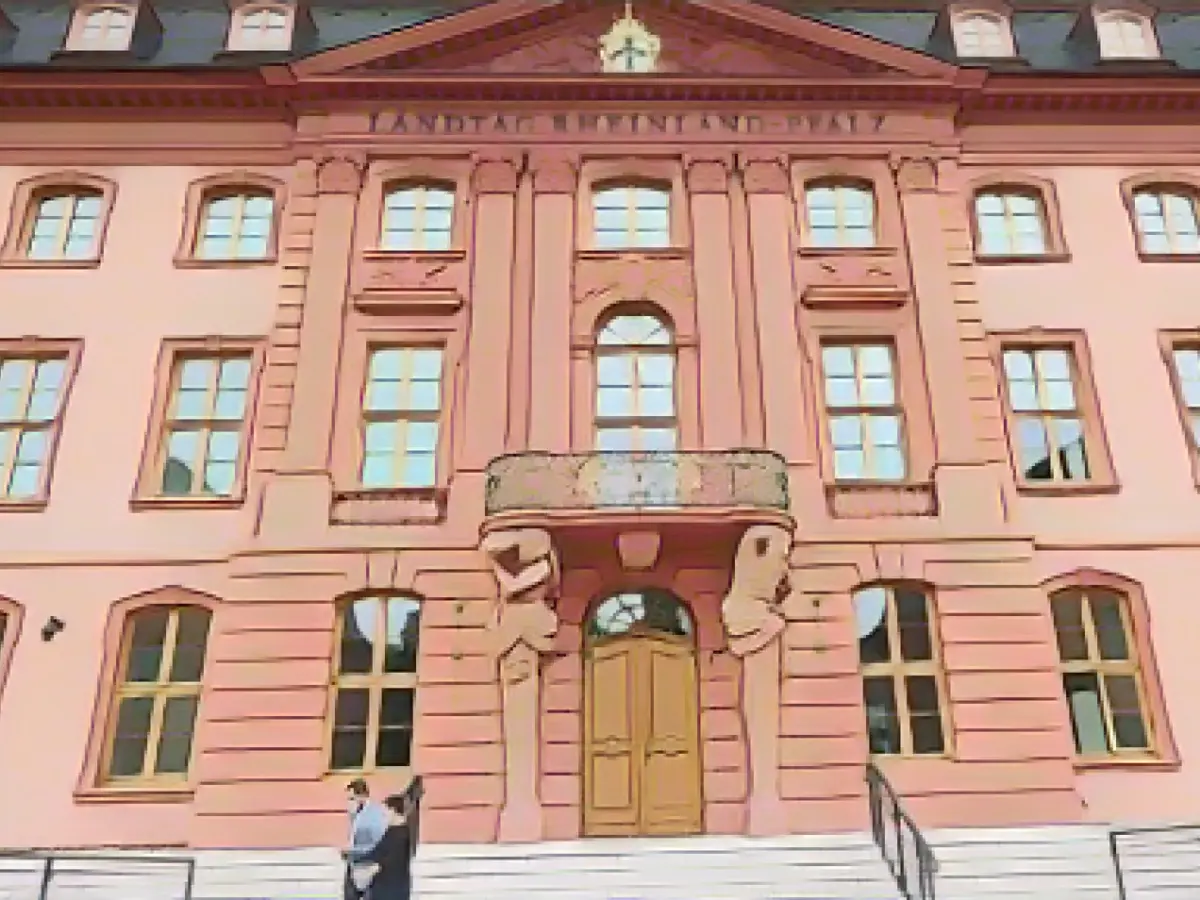Unlocking the Past, Shining a Spotlight on Democracy's Strongholds
Wanting to lead by example and combat against anti-democratic forces, the Rhineland-Palatinate state parliament is set to commemorate crucial locales of democracy starting 2024, awarding them twice a year. With a rich background of democracy advocacy, the state parliament aims to raise awareness and appreciation for its history while combatting anti-democratic sentiments.
The award ceremonies will kick off in Thuringia, acknowledging Mainz’s Mainz Republic and later Bad Bergzabern’s Bergzabern Republic. As State Parliament President Hendrik Hering explained to German Press Agency, Rhineland-Palatinate boasts a remarkable democratic past, but its significance is underappreciated. These awards hope to address that issue by integrating education and visibility into the historic landmarks.
To accomplish this, bronze lecterns will be erected at significant locations, such as the one installed in front of the Parlament in Deutschhaus, Mainz. With a simple QR code scan, visitors will gain invaluable insights into a location’s history, emphasizing the struggle needed for democracy and the necessity for continued dedication.
Reviving Past Glories: Mainz Republic and Bergzabern Republic
The Mainz Republic was officially proclaimed on March 18, 1793 when members of the Rhenish-German National Convention announced the Rhenish-German Free State inside the Rhine's Deutschhaus in Mainz. Some four months earlier, in November 1792, ten villages in Bergzabern broke away from the Duchy of Palatinate-Zweibrücken to secede, leading to the establishment of Bergzabern Republic - although both republics ultimately dissolved after just a few short months.
In 1832, the Hambach Festival unfolded at Hambach Castle in Neustadt/Weinstrasse, signifying a high point in the Palatinate freedom movement and marking a significant milestone on the path toward democracy in Germany. The Fruchthalle, located in Kaiserslautern, served as the interim government headquarters for the Palatinate in 1849, while Koblenz was the site of the Knights' Overthrow Conference in 1948, which led to the Foundation of the Parliamentary Council, a crucial stage on the way to the Basic Law.
Untapped Historic Potential
The Rhineland-Palatinate state parliament has yet to confirm any further locations for this new awards system, but it’s worth noting many historical moments and locations that have played an essential role in encouraging democracy and citizen engagement. These include citizens' assemblies and juries, the German Peasants' War, and modern-day democracy initiatives such as the Citizens' Dialogue in East Belgium.
By recognizing these historical events and landmarks, the Rhineland-Palatinate state parliament can bind its citizens to a shared identity, bringing awareness to its rich past and inspiring the next generation of democracy advocates. As the awards progress, keep tabs on the state parliament’s efforts to inspire democracy and to commemorate the Land’s valuable contributions to the freedom movement.








